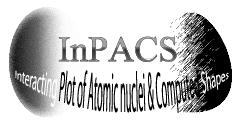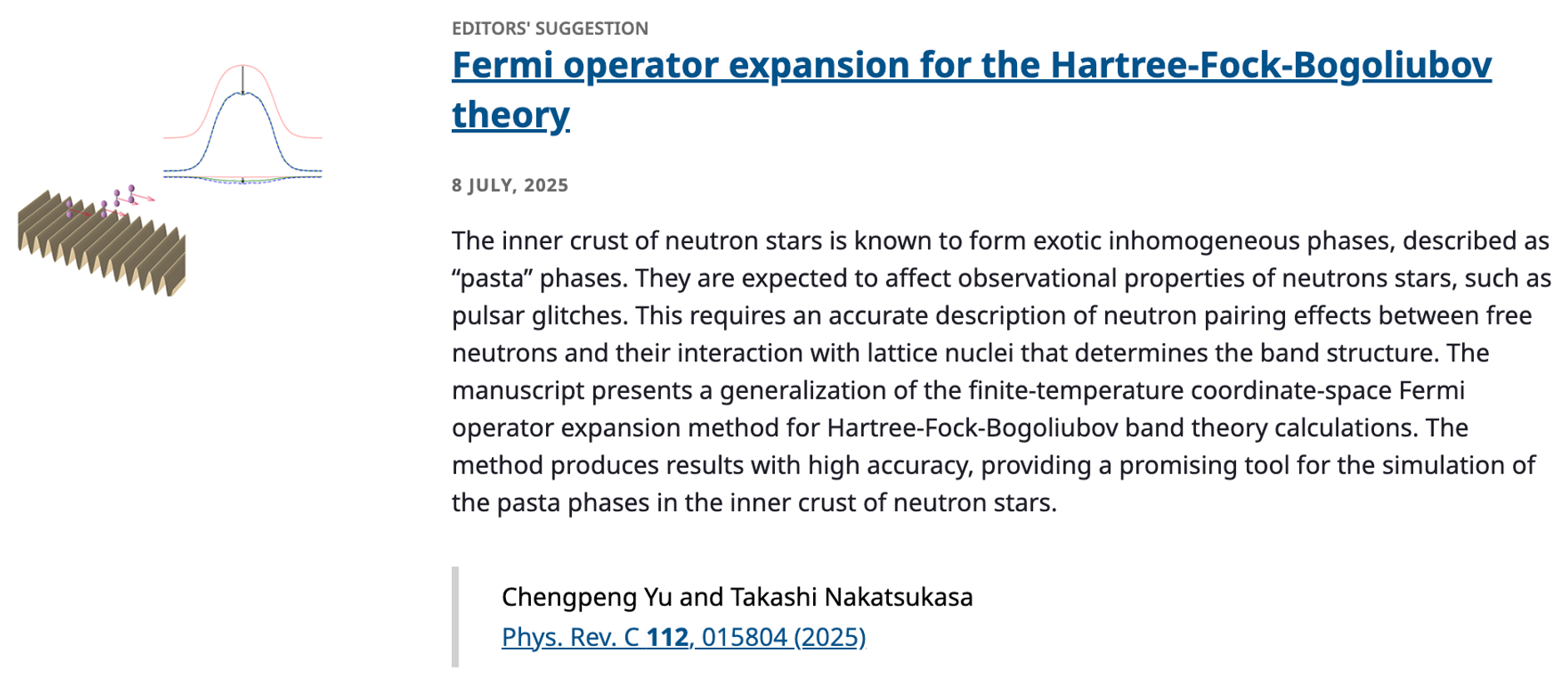Seminar (セミナー)2026.2.20 Hjorth-Jensen, Morten (Univ. Oslo)
2026年2月10日 | 新着情報
The following seminar will be held on February 20th, 2026, in Meeting Room A, CCS, University of Tsukuba.
Lecturer: Morten Hjorth-Jensen (University of Oslo)
Place: Meeting Room A (1F), Center for Computational Sciences, University of Tsukuba
Date/Time: February 20th, 2026, 13:45-
Title: Machine Learning for Nuclear Physics and Many-body Physics<
Abstract: In this talk, I will present a focused overview of recent developments in machine learning methods (both discriminative and generative) and their application to quantum many-body problems in nuclear physics. The emphasis will be on first-principles approaches to strongly interacting fermionic systems, where the exponential growth of Hilbert space presents a fundamental computational challenge.
I will discuss in particular the framework of neural-network quantum states (NQS), in which variational wave functions are represented using deep neural architectures and optimized via stochastic variational Monte Carlo, as well as physics-informed neural networks (PINNs) applied to many-body Schrödinger-type equations and related differential formulations. These approaches enable flexible representations of correlated wave functions, improved variational ansätze beyond traditional Slater–Jastrow forms, and scalable treatments of high-dimensional configuration spaces.
Applications will be presented for systems of direct relevance to nuclear physics, including infinite neutron matter and strongly correlated nuclear Hamiltonians, with comparisons to traditional many-body techniques such as coupled-cluster theory, quantum Monte Carlo, and configuration interaction methods. Selected examples from condensed matter physics will also be discussed to highlight common methodological structures and differences in correlation regimes.The overarching goal is to assess how modern machine learning architectures can systematically improve variational accuracy, capture nontrivial correlation effects, and potentially reshape computational strategies for strongly interacting quantum systems.


